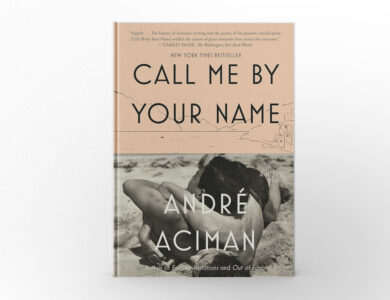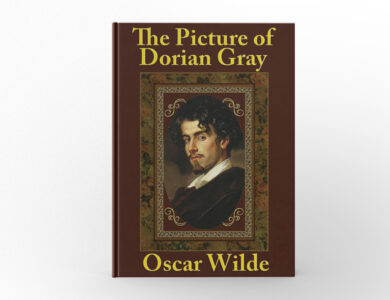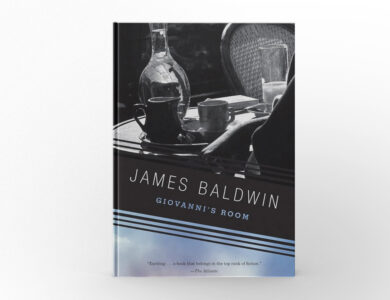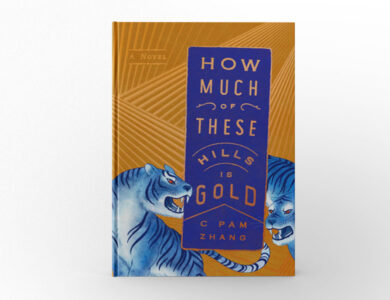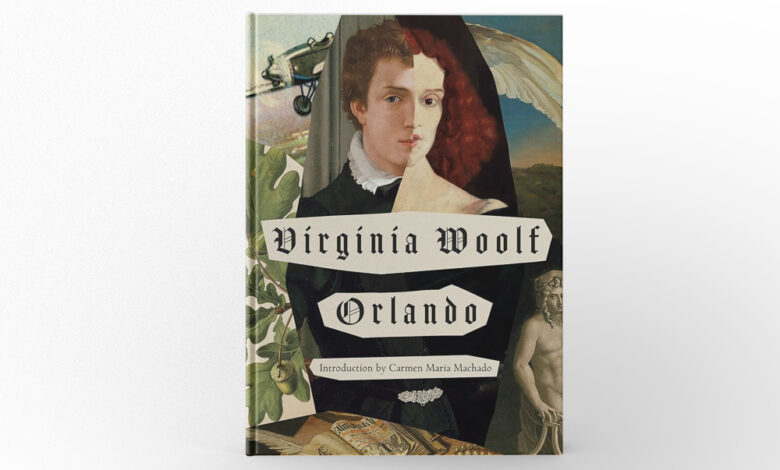
“Orlando” by Virginia Woolf is a groundbreaking novel that explores themes of gender, identity, and time. This imaginative and satirical biography follows the life of its protagonist, Orlando, who transforms from a nobleman in Elizabethan England to a woman living through the centuries.
Author’s Background
Virginia Woolf, born in 1882 in London, England, was a central figure in the modernist literary movement. Woolf’s innovative narrative techniques and exploration of consciousness have left a lasting impact on literature. She was a member of the Bloomsbury Group, a circle of intellectuals and artists who influenced early 20th-century thought. Woolf’s other notable works include “Mrs. Dalloway,” “To the Lighthouse,” and “A Room of One’s Own.” Her writing often delves into themes of feminism, mental illness, and the fluidity of time and identity. “Orlando,” published in 1928, is considered one of her most accessible and playful novels, inspired by her close relationship with Vita Sackville-West.
In Depth Summary
“Orlando” begins in the late 16th century with the young nobleman Orlando serving as a page at the court of Queen Elizabeth I. Orlando is favored by the Queen and enjoys a privileged life. However, his life takes a dramatic turn when he falls in love with Sasha, a Russian princess. Their passionate affair is set against the backdrop of the Great Frost of 1608, but it ends in heartbreak when Sasha leaves him.
Devastated, Orlando retreats to his ancestral home and immerses himself in writing. He becomes a patron of the arts and befriends many poets and writers. As the centuries pass, Orlando remains youthful and vibrant, seemingly unaffected by time. In the 18th century, he is appointed as an ambassador to Constantinople, where he undergoes a mysterious transformation and wakes up as a woman.
Now living as Lady Orlando, she navigates the complexities of her new identity and the changing societal expectations of women. Orlando’s adventures continue through the 19th and 20th centuries, where she experiences the constraints and freedoms of different eras. She engages in various romantic relationships and continues her literary pursuits, reflecting on the nature of gender and identity.
The novel concludes in the present day (the 1920s), with Orlando contemplating her life and the passage of time. She finds a sense of peace and acceptance, embracing her fluid identity and the continuity of her existence.
Themes and Insights
“Orlando” addresses several profound themes. One of the central themes is the fluidity of gender and identity. Woolf challenges the rigid gender norms of her time by presenting a protagonist who transcends traditional boundaries. Orlando’s transformation from male to female and her experiences in both genders highlight the arbitrary nature of societal expectations and the complexity of human identity.
Another significant theme is the passage of time and its impact on individuals and society. Woolf’s portrayal of Orlando’s life across centuries emphasizes the continuity of human experience and the changes brought about by historical and cultural shifts. The novel explores the tension between the permanence of the self and the impermanence of external circumstances.
The novel also delves into themes of love and creativity. Orlando’s relationships and literary endeavors reflect the transformative power of love and the enduring nature of artistic expression. Woolf celebrates the resilience of the human spirit and the capacity for growth and change.
Personal Reflections
Reading “Orlando” is an enchanting and thought-provoking experience. Woolf’s lyrical prose and imaginative storytelling make the reader feel intimately connected to Orlando’s journey. The novel prompts readers to reflect on their own identities and the ways in which societal norms shape their lives.
Woolf’s portrayal of Orlando’s transformation and her exploration of gender fluidity are both revolutionary and deeply moving. The novel serves as a powerful reminder of the importance of embracing one’s true self and the beauty of human diversity.
Recommendation
“Orlando” is an essential read for anyone interested in literature, gender studies, or the human experience. Woolf’s insightful analysis and masterful storytelling make the book both intellectually stimulating and emotionally resonant. It is a timeless classic that continues to captivate readers today.
Impact and Legacy
The impact of “Orlando” has been profound. The novel is widely regarded as a landmark work in feminist and queer literature and has influenced countless readers, writers, and scholars. Woolf’s exploration of gender, identity, and time has left an indelible mark on literary and cultural history.
“Orlando” has also been adapted into various films, plays, and other media, further extending its reach and influence. The novel’s themes of fluidity, resilience, and self-discovery continue to resonate with readers and audiences worldwide, making it a landmark work in the field of literature.
Conclusion
“Orlando” is more than just a novel; it is a profound exploration of the human condition and the complexities of gender and identity. Virginia Woolf’s masterful storytelling and deep insights challenge readers to reconsider their understanding of self, time, and societal norms. This review of “Orlando by Virginia Woolf” highlights the enduring impact of Woolf’s work and the powerful lessons it imparts.

